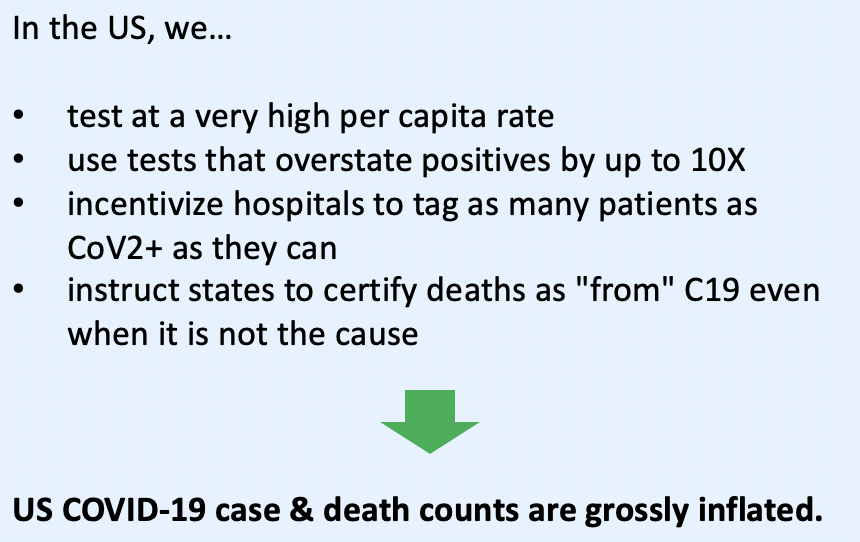Unlike previous epidemics, in addressing COVID-19 nearly all international health organizations and national health ministries have treated a single positive result from a PCR-based test as confirmation of infection, even in asymptomatic persons without any history of exposure. This is based on a widespread belief that positive results in these tests are highly reliable. However, data on PCR-based tests for similar viruses show that PCR-based testing produces enough false positive results to make positive results highly unreliable over a broad range of real-world scenarios. This has clinical and case management implications, and affects an array of epidemiological statistics, including the asymptomatic ratio, prevalence, and hospitalization and death rates. Steps need to be taken to raise awareness of false positives, reduce their frequency, and mitigate their effects. In the interim, positive results in asymptomatic individuals that haven't been confirmed by a second test should be considered suspect.
In previous epidemics, health authorities voiced concerns that false positive results from PCR- based tests could harm both the individuals tested and the ability of government agencies to assess the outbreak, and they adopted measures to limit the occurrence of false positives. For example, the World Health Organization and the U.S. Centers for Disease Control and Prevention limited PCR-based testing to individuals with a high probability of infection (those with symptoms and/or significant exposure) and usually required confirmation of positive results by a second, independent test These warnings and requirements are absent from the same organizations' guidance on SARS-CoV-2 testing.






